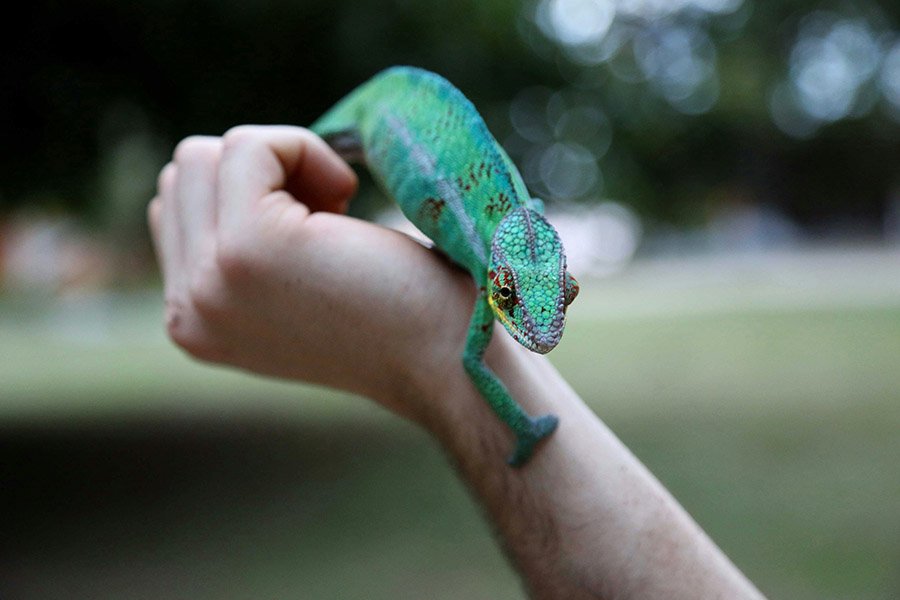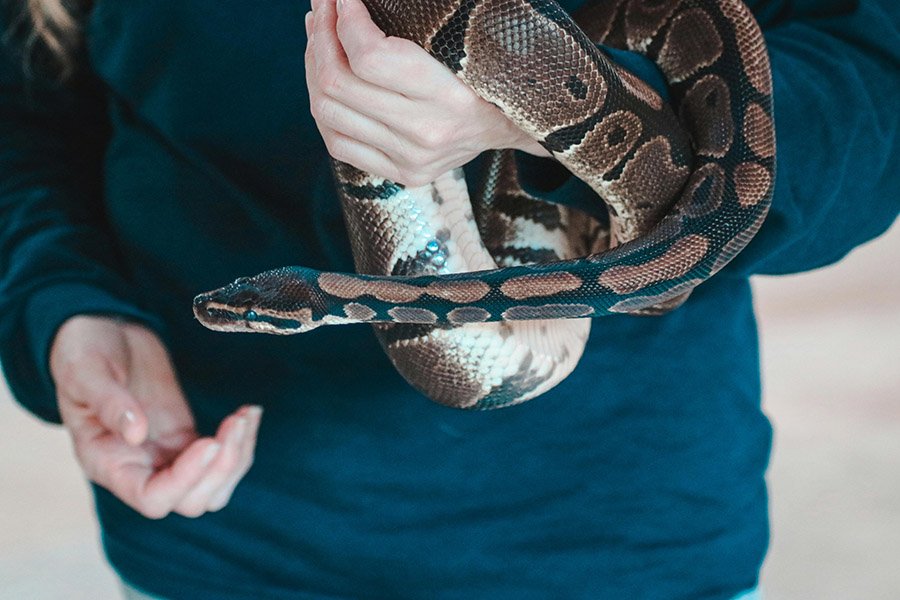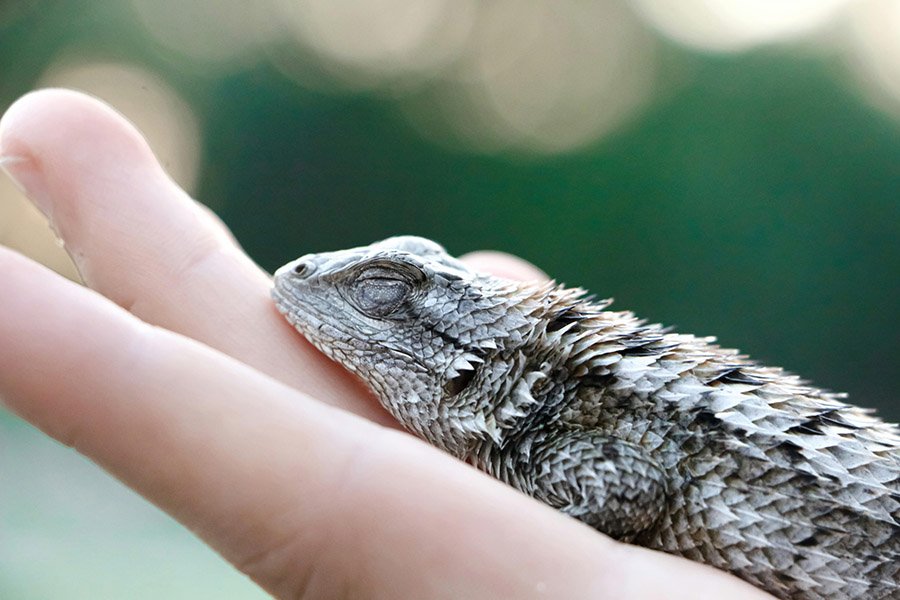Reptiles are often misunderstood creatures, frequently labeled as cold and unfeeling due to their lack of expressive behavior compared to mammals. However, recent research and observations suggest that reptiles are more emotionally complex than once believed.
While they may not bond with humans in the same way that dogs or cats do, they can form unique relationships with their owners based on recognition and trust. In this article, we’ll explore the nature of these bonds, how they manifest, and how owners can strengthen their relationships with their reptilian companions.
Understanding Reptile Emotions
Reptiles exhibit basic emotions such as fear, aggression, and pleasure. These emotions are often linked to their survival instincts—fear and aggression help them defend against threats, while pleasure may be associated with activities that ensure their well-being, such as eating or basking in warmth.
For example, studies have shown that handling reptiles like lizards can cause an increase in their heart rate, indicating an emotional response.
The concept of reptiles experiencing more complex emotions, such as love or affection, remains a topic of debate among scientists. Unlike mammals, reptiles do not express their emotions through facial expressions or vocalizations, making it harder to interpret their feelings.
However, many reptile owners believe their pets recognize them and show signs of attachment. While the scientific community continues to explore this, it’s clear that reptiles are not as emotionally void as once thought.

Recognizing Bonding in Reptiles
Reptiles can recognize their owners primarily through visual and olfactory cues. They have excellent vision and can distinguish between different people based on their appearance and movements. Additionally, reptiles use their keen sense of smell to identify individuals by their unique scents. This recognition forms the foundation of any bond that may develop between a reptile and its owner.
Signs of bonding in reptiles may not be as obvious as in mammals, but they do exist. For instance, a reptile that feels comfortable around its owner may become more relaxed during handling, show curiosity, or even approach the owner when they enter the room.
Some reptiles, like bearded dragons or tortoises, may appear to enjoy being stroked or held, indicating a level of trust and familiarity.
Species Variations in Bonding
Not all reptiles are equally sociable, and the likelihood of forming a bond with a reptile can vary significantly depending on the species. Bearded dragons, for example, are known for their friendly and interactive nature, often showing signs of enjoyment when handled. Leopard geckos are also relatively social and can develop a bond with their owners over time.
On the other hand, species like snakes and turtles tend to be more independent and may not form as strong a bond with humans. However, even these more solitary reptiles can show signs of recognition and comfort with regular, positive interactions. Understanding the specific needs and behaviors of your reptile species is crucial in developing a meaningful bond.

Building a Bond with Your Reptile
Forming a bond with a reptile requires time, patience, and consistent positive interactions. Here are some key steps to building a strong relationship with your reptilian pet:
Consistent Interaction
Regularly handle your reptile in a gentle and calm manner. This helps them get used to your presence and associate you with positive experiences. Over time, your reptile may become more comfortable and even look forward to these interactions.
Create a Stimulating Environment
Providing a well-maintained, enriching habitat is crucial for your reptile’s well-being. A comfortable and secure environment helps reduce stress, making your reptile more likely to trust and bond with you.
Respect Their Boundaries
Reptiles, like all animals, have individual personalities and comfort levels. It’s important to recognize and respect these boundaries, especially when handling or interacting with them. Forcing interaction can lead to stress and hinder the bonding process.

Benefits of Bonding with Reptiles
The bond between a reptile and its owner can be rewarding for both parties. For the owner, this bond provides a sense of companionship and fulfillment, offering a deeper understanding of reptile behavior and care. For reptiles, regular interaction with their owners can lead to improved well-being, mental stimulation, and a more enriched life.
Reptiles that bond with their owners may show signs of reduced stress, increased curiosity, and a willingness to interact. While these bonds may differ from those with more traditional pets, they are no less meaningful and can be a source of great satisfaction.
Conclusion
Reptiles are capable of recognizing their owners and forming bonds, although these bonds manifest differently than those with mammals. Through consistent care, patience, and understanding, reptile owners can develop unique and rewarding relationships with their scaly companions.
While the science of reptile emotions is still evolving, it’s clear that these fascinating creatures are more emotionally complex than they are often given credit for. With time and effort, you can build a special connection with your reptile, enriching both your lives in the process









